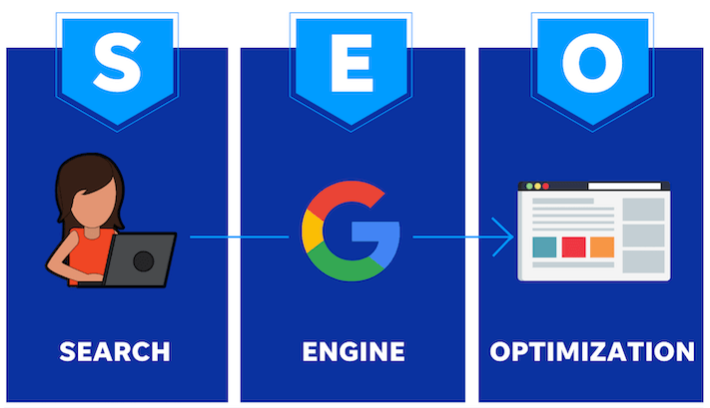On-page SEO best practices
Search Engine Optimization (SEO)
On-page SEO is the process of optimizing your website’s content and structure to improve its ranking in search engine results pages (SERPs). By following some key on-page SEO best practices, you can help your website rank higher for relevant keywords and attract more visitors.
Here are some of the most important on-page SEO best practices:
- Optimize your title tags and meta descriptions. Your title tag and meta description are the two most important snippets of text that appear in SERPs. Make sure to include your target keywords in your title tag and meta description, and write clear and concise descriptions of your pages.
- Use header tags effectively. Header tags (H1-H6) are used to organize and structure your content. Use header tags to break up your content into headings and subheadings, and include your target keywords in your header tags.
- Create high-quality content. Your content should be informative, engaging, and relevant to your target keywords. Make sure to write unique content that is not plagiarized from other sources.
- Use images and videos. Images and videos can make your content more engaging and visually appealing. When you use images and videos, be sure to include alt text and captions to describe the content for search engines.
- Optimize your URLs. Your URLs should be short, descriptive, and include your target keywords.
- Use internal links. Internal links help search engines understand the structure of your website and the relationships between your pages. Use internal links to link to other relevant pages on your website.
By following these on-page SEO best practices, you can help your website rank higher in SERPs and attract more visitors.
Here are some additional tips for on-page SEO:
- Make sure your website is mobile-friendly. More and more people are using their smartphones and tablets to access the internet, so it’s important to make sure your website looks good and functions well on all devices.
- Use schema markup. Schema markup is a type of code that you can add to your website to help search engines understand your content better. Schema markup can help your website appear in rich snippets in SERPs, such as product reviews and star ratings.
- Keep your website updated. Search engines favor websites that are regularly updated with fresh content. Make sure to add new content to your website on a regular basis.

